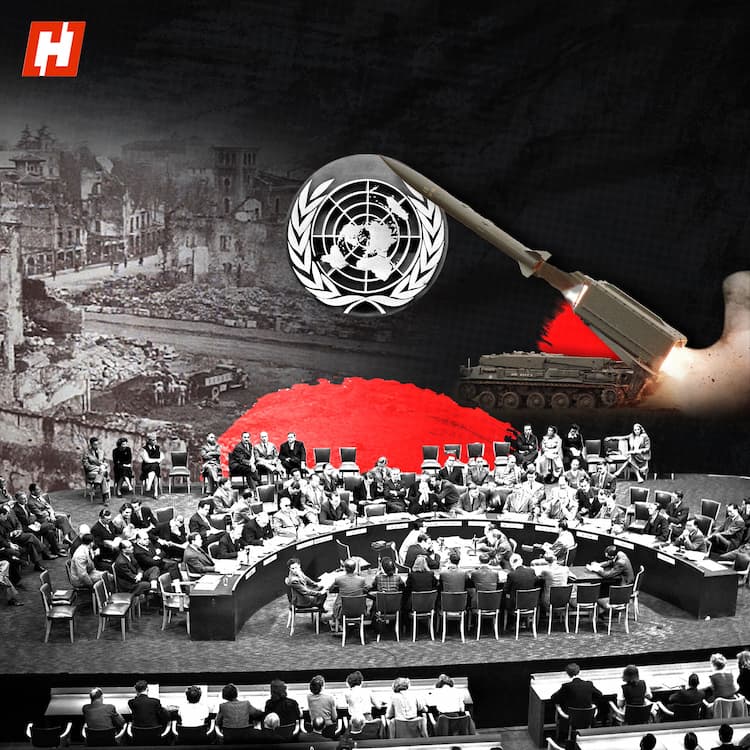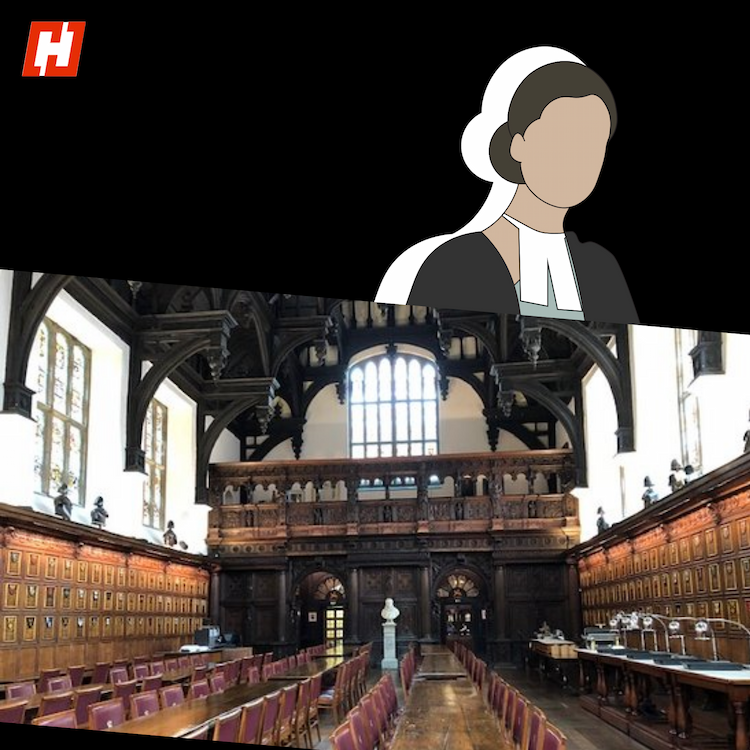Conservative Friedrich Merz, on Tuesday was sworn in as post-war Germany’s 10th Chancellor - ending months of political limbo for Europe’s biggest economy.
The Merz-led conservative alliance of the CDU and the CSU fell short of the required majority in the first round of parliamentary voting, but eventually prevailed in the second round - thus averting another constitutional crisis.
For context, former Chancellor Olaf Scholz’s three-way coalition government collapsed last year over its handling of a deep economic crisis and increasing geopolitical uncertainty.
And this is precisely what Merz, a trained lawyer and former investment manager, built his campaign on - a promise to revive the ailing German economy, rebuilding ties with key European partners and the US, along with a focus on tighter immigration rules.
Reviving the economy
Over the last couple of years, Germany has gone from being Europe’s economic engine to being its anchor. Two years of recession borne out of high energy costs, low public investment, and an overreliance on exports, have entrenched stagnation with the possibility of a third year without growth in 2025.
But, Merz has already made progress in that regard.
Whilst awaiting confirmation of Chancellorship, his coalition in March pushed through legislation for a 500 billion euro fund to spend on infrastructure whilst easing strict borrowing rules. The reforms mark a major rollback of the so-called 'debt brake' imposed after the 2008 global financial crisis.
How to “achieve real independence from the US"
Additionally, this will allow his new government to ramp up defence spending.
With President Donald Trump threatening to pull the US' military shield from NATO allies, Ukraine, and indeed Europe, faces a bleak future.
Following up on his election night call to Europeans to "achieve real independence from the US", Merz has embarked on trips to both France and Poland.
After his meeting with French President Emanuel Macron, Merz said that Germany and France would take “joint measures to further expand Europe's security and defense capabilities and further strengthen the European pillar within NATO”.
The Trump conundrum
Alongside doubts about US security guarantees, Trump’s import tariffs are currently Germany's biggest problem.
The US is Germany’s biggest trade partner. The US tariffs on cars, aluminium, and steel, are set to hit Germany's major export-based sectors like its automotive industry. So, Merz’s coalition has outlined plans for a free trade agreement with the US in the medium term and has taken steps to avoid a trade war in the short term.
Of refugees, migrants and asylum seekers
Merz has promised a crackdown on the immigration front after a spate of violent crimes blamed on foreign nationals.
Migration and asylum have been contentious issues in Germany, the third largest refugee-hosting country in the world. It hosts 2.5 million refugees, including more than one million from Ukraine.
To appease Germans and to keep the far-right, anti-immigration AfD party at bay Merz’s new government is beefing up police presence at the border.
Recently Alexander Dobrindt, German Interior Minister, said that this is being done in order to “control the borders more closely” acknowledging that “this stronger control of the borders will also lead to a higher number of rejections (including that of asylum seekers)”.
Merz was once overlooked for the top job in favour of Angela Merkel in the 2000s. He even turned his back on active politics for several years after leaving parliament in 2009. And now, he is embarking on his first ever stint in government.
Merz has promised “Germany is back,” but he definitely has his work cut out for him.





